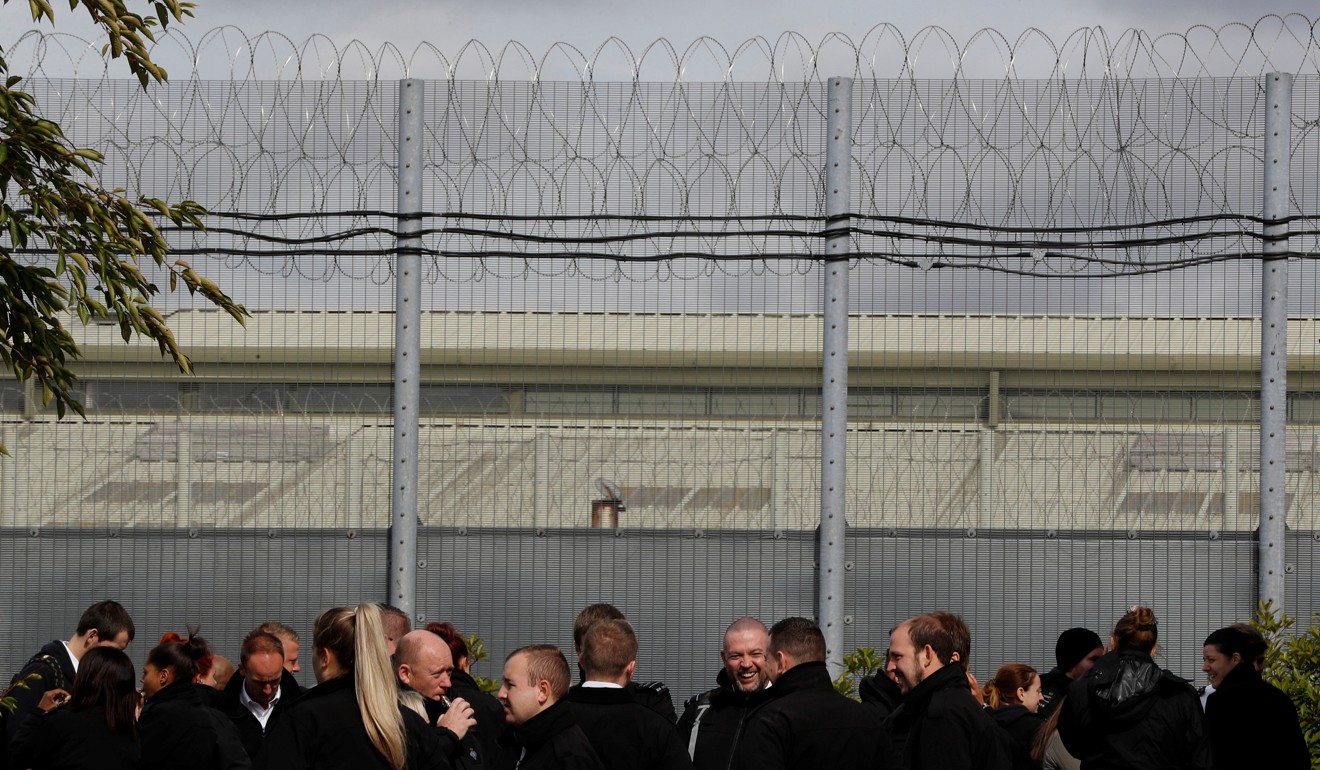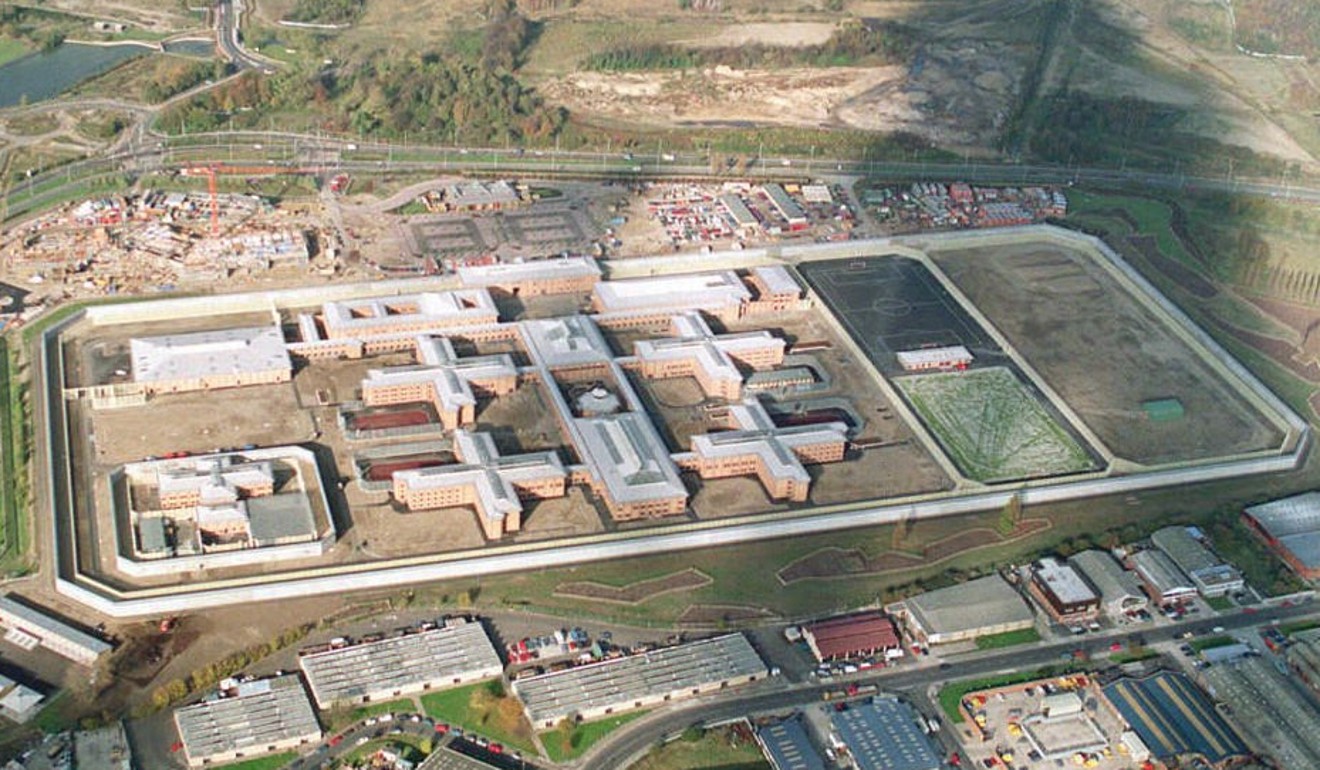
UK prisons ban Christmas cards made with glue and glitter as part of ‘robust drug strategy’
- Smugglers spray post with psychoactive substances such as spice, which dissolves into the paper, which can then be smoked as a joint
- Last year, prisons began giving inmates photocopies of letters after it was paper products were being soaked with LSD-like hallucinogens
Prisons and young offender institutions in England and Wales have banned Christmas cards with glitter or “sticky stuff” because of the drugs epidemic in British jails.
The latest smuggling method is spraying post with drugs, particularly psychoactive substances such as spice. The drug dissolves into the paper and is then smoked as a joint.
Last year, prison governors introduced a policy of only providing inmates with photocopies of original letters as a precautionary measure, after it was revealed books and letters were being soaked with LSD-like hallucinogens.

Now, as part of their “robust drug strategy”, many prisons have banned cards containing glitter, concealed panels, sticky bits, organic material and cloth.
HMP Manchester said: “Shop-bought cards without glitter are OK. No handmade cards.”
HMP Liverpool said it would allow “bog standard, shop-bought cards without glitter”, while HMP Leeds said: “Plain Christmas cards, no glitter or sticky stuff. If handmade, it must be on plain white paper.”
HMP Birmingham said “nothing must be stuck to cards” and HMP Belmarsh said: “Plain cards. No sticky bits, no glitter – for security reasons.”
Feltham young offender institution said its rule was “plain cards, no glitter, nothing stuck on it”, while an institution in Aylesbury stipulated “no glitter, and nothing raised”.

In her annual report, published in October, the acting prisons and probation ombudsman, Elizabeth Moody, said the use of psychoactive substances was “completely out of control” in prisons because they were readily available.
This destructive [drug] epidemic has become the ‘new normal’
“Prisons are struggling with the consequences of bad batches of psychoactive substances, which can result in simultaneous multiple collapses of prisoners, unsustainable demand on prison resources, ambulances queuing up at the prison gate and, all too often, death,” she said. “This destructive epidemic has become the ‘new normal’.”
While acknowledging the scale of the drugs crisis in prisons, watchdogs have argued banning Christmas cards is dehumanising and may have a damaging impact on prisoners.
Carolyne Willow, whose charity Article 39 fights for the rights of children in institutional settings, said: “It’s shameful enough that children will wake up in locked cells on Christmas morning, let alone withholding cards from family and friends. This is yet another knee jerk government response to understaffing.”
Frances Crook, the chief executive of the Howard League for Penal Reform, said: “Christmas is a particularly hard time for people in custody and anything that can alleviate the distress should be done. Drugs and consequent debt are real challenges, but it is humanity that will reduce demand, not just security.”

The Ministry of Justice said: “The safety of staff and prisoners is absolutely paramount. A number of prison governors have decided to intercept Christmas cards to prevent them being used to smuggle in dangerous psychoactive substances. Photocopies are usually provided to prisoners so that they still see the messages sent from their families and friends.”
The Justice Ministry stressed that this action had been made by individual prison governors and was not mandatory.
The Scottish Prison Service told The Guardian there were no restrictions on the types of Christmas cards allowed in its jails.

